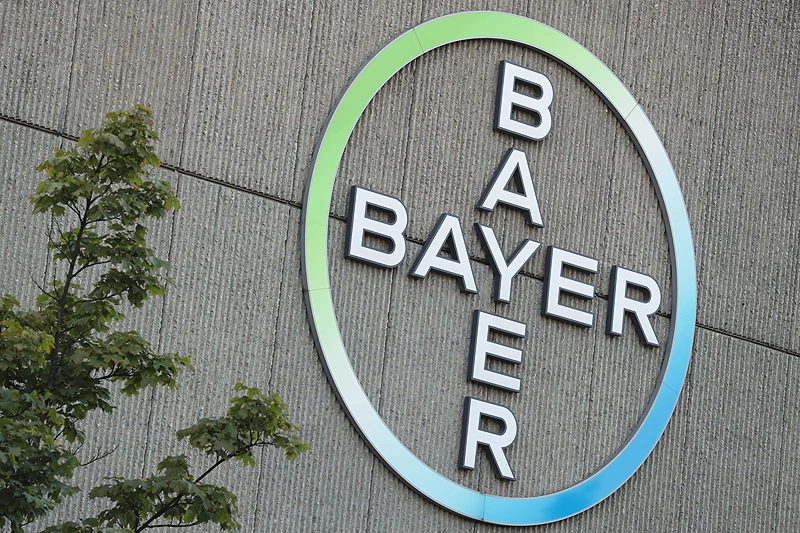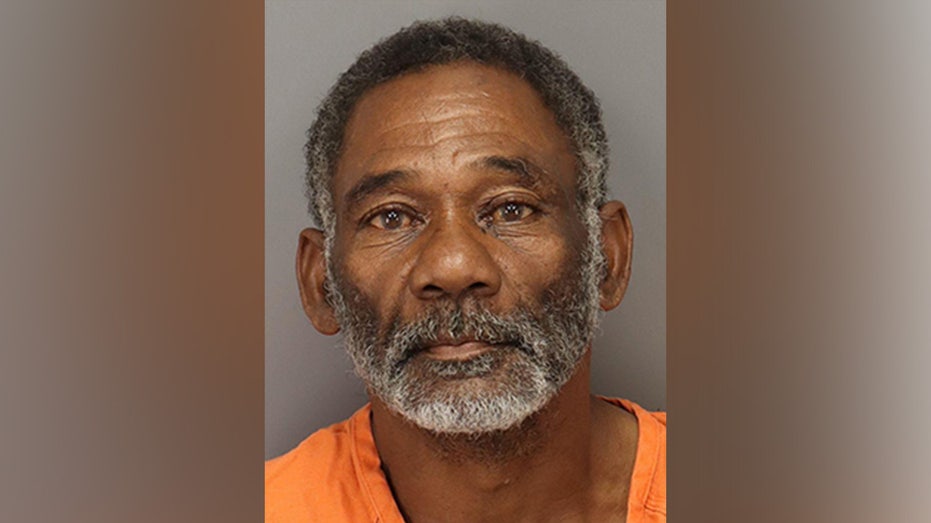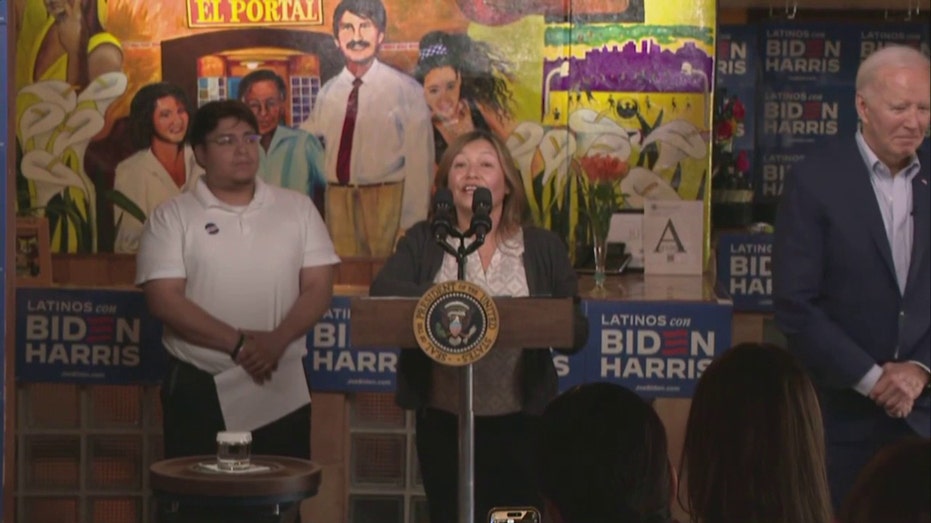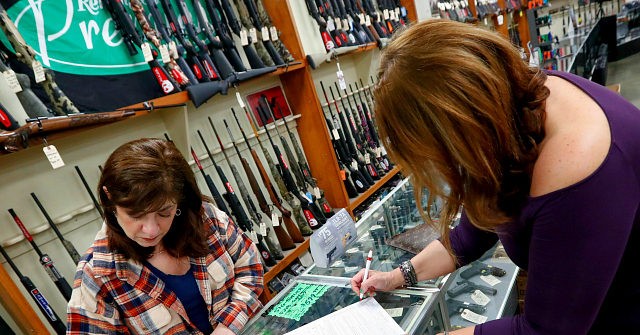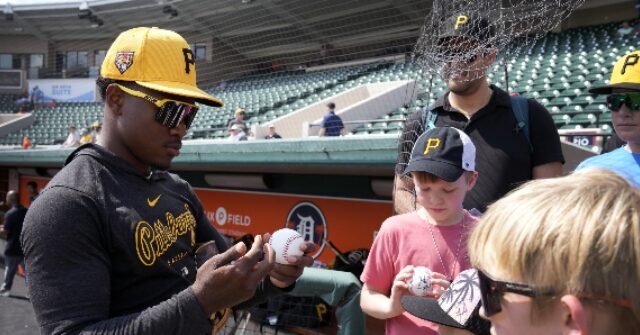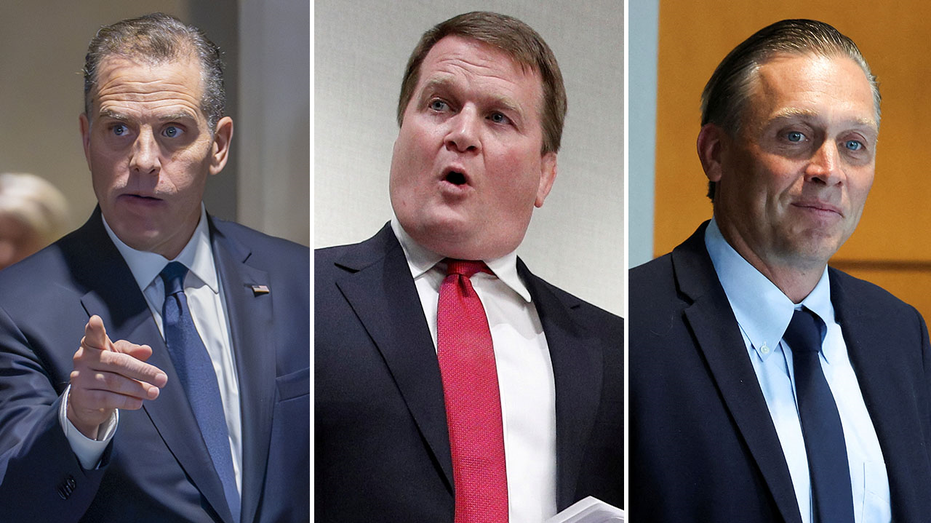Stuck With Putin for the Foreseeable Future
The weekend election offered neither a credible challenger nor a credible successor. The post Stuck With Putin for the Foreseeable Future appeared first on The American Conservative.
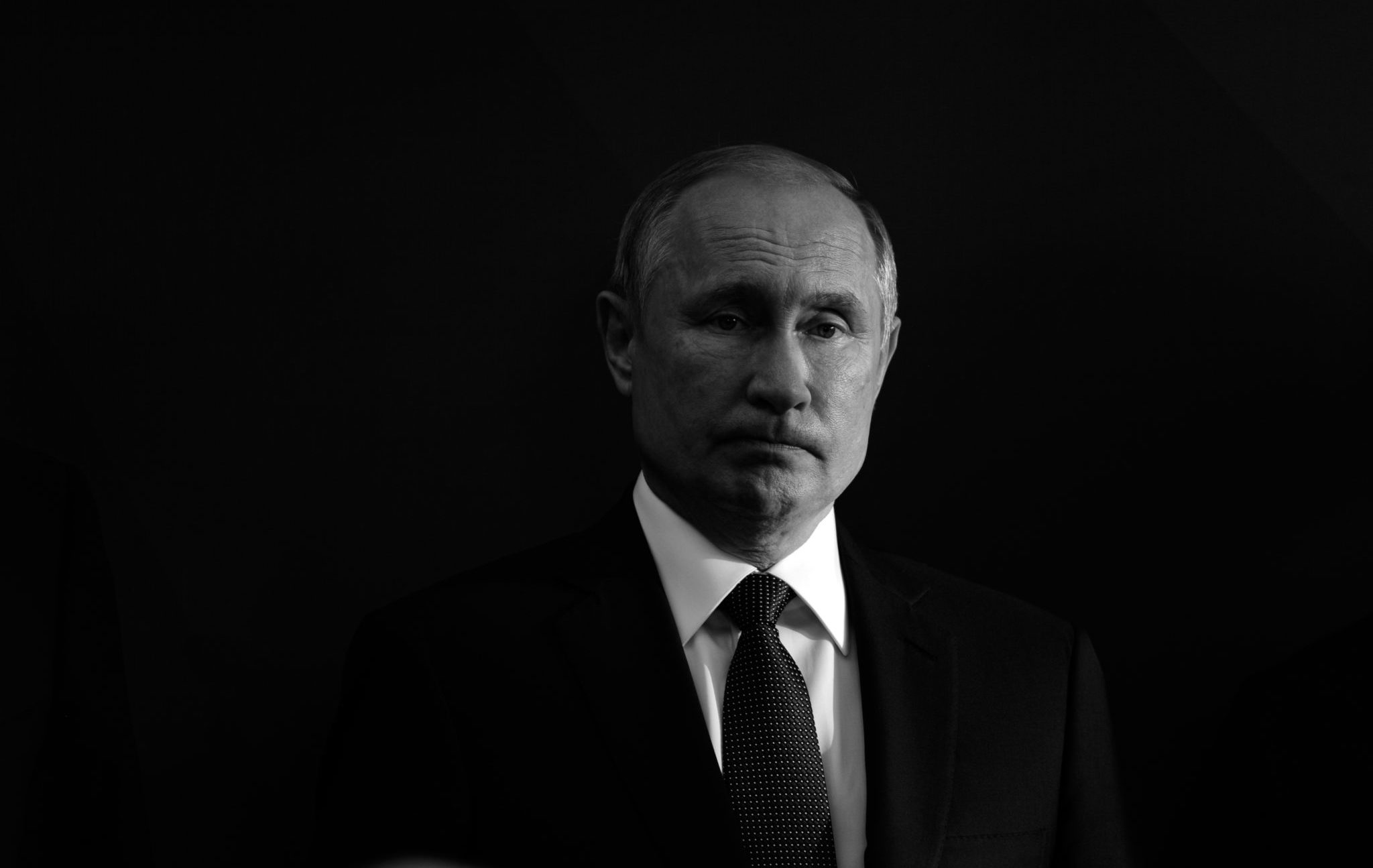
Stuck With Putin for the Foreseeable Future
The weekend election offered neither a credible challenger nor a credible successor.

Vladimir Putin cruised to victory in the Russian presidential elections this weekend, receiving a higher share of the vote than in any of his previous four contests, around 88 percent. This election held few surprises but was notable for two absences: a credible opponent and a credible successor.
The lack of opposition is easy to explain. Western observers tend to blame Kremlin suppression of dissent, but the simpler explanation is that the majority of Russians are happy with the way the country is governed at present. A Levada poll last month showed 75 percent of respondents think Russia is headed in the right direction.
Seriously challenging Putin would require two things: an alternative vision for Russia and an individual to represent it. Obviously the second half of that equation is difficult in a country where being an opposition leader carries serious personal risks, including hostile attention from authorities. But the first half is missing, too. It is not as if there is an ideological alternative to Putinism that enjoys widespread support among the Russian people and merely lacks a politician to champion it. Western liberalism was tried in the 1990s (at least as the Russians understand their recent history). The appetite for trying it again is nil.
The lack of a successor is harder to explain. Putin is 71 years old. He probably expected to be handing over the reins of power at this point in his career. That hasn’t happened.
There are three reasons why we should not anticipate that Putin will indicate a successor anytime soon. The first is the ongoing war in Ukraine. It is thought that one of the reasons Putin chose to invade Ukraine when he did was that he wanted to resolve that ongoing challenge to Russian security before handing over power. He considered it dishonorable to saddle his successor with such a fiendishly difficult and constantly worsening problem. Or, to put it another way, he did not want such a formidable problem to be handled by an untried leader.
The second reason is the conspicuous failure of Putin’s past efforts at naming an heir apparent. Dmitry Medvedev, to whom Putin handed over the presidency in 2008, was a disappointment in office, conceding too much to the West and failing to adequately defend Russia’s interests on the international stage, at least as Putin saw things. Since leaving the presidency, Medvedev has been a different kind of disappointment, veering too far to the opposite end of the political spectrum and attracting mockery for his hardline nationalist pronouncements.
The final reason is Putin’s own history. When he was chosen as Boris Yeltsin’s successor, it was at the very last minute. Yeltsin had cycled through several other potential heirs as the end of his career approached, rejecting each of them one by one. When he announced his resignation in 1999, few people knew the name of the man to whom he handed power. Putin therefore has personal reasons for thinking that a good successor does not need to be paraded in advance like a debutante in order to succeed in office.
So we are stuck with Putin for the foreseeable future. There is a silver lining, though. As noted above, Putin’s priority now is to reach a stable settlement of the Ukraine question, one that he feels comfortable handing over to the next guy. That means he may not press the Ukrainians to agree to a lopsided peace agreement. The Russians could probably demand a humiliating peace deal given their current battlefield advantage, but Putin might agree to concessions if those concessions promised to lead to an enduring equilibrium.
The Minsk agreements, which ended the last war in Ukraine, were treated by the U.S. and its allies as a holding pattern to give us time to prepare for the next war. If we decide this time to prepare for a lasting peace instead of looking ahead to round three, we may find that Putin is prepared to cooperate in that effort. On the other hand, the longer we keep the Ukraine situation unresolved, the longer we will be stuck with him.
The post Stuck With Putin for the Foreseeable Future appeared first on The American Conservative.
What's Your Reaction?









